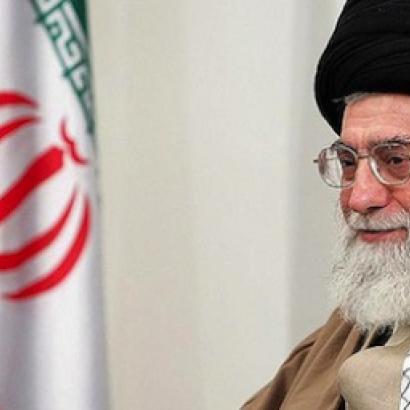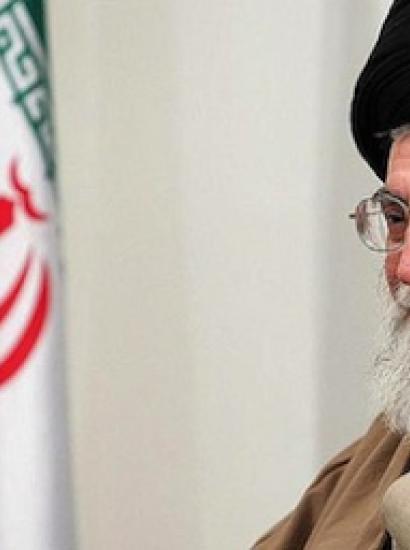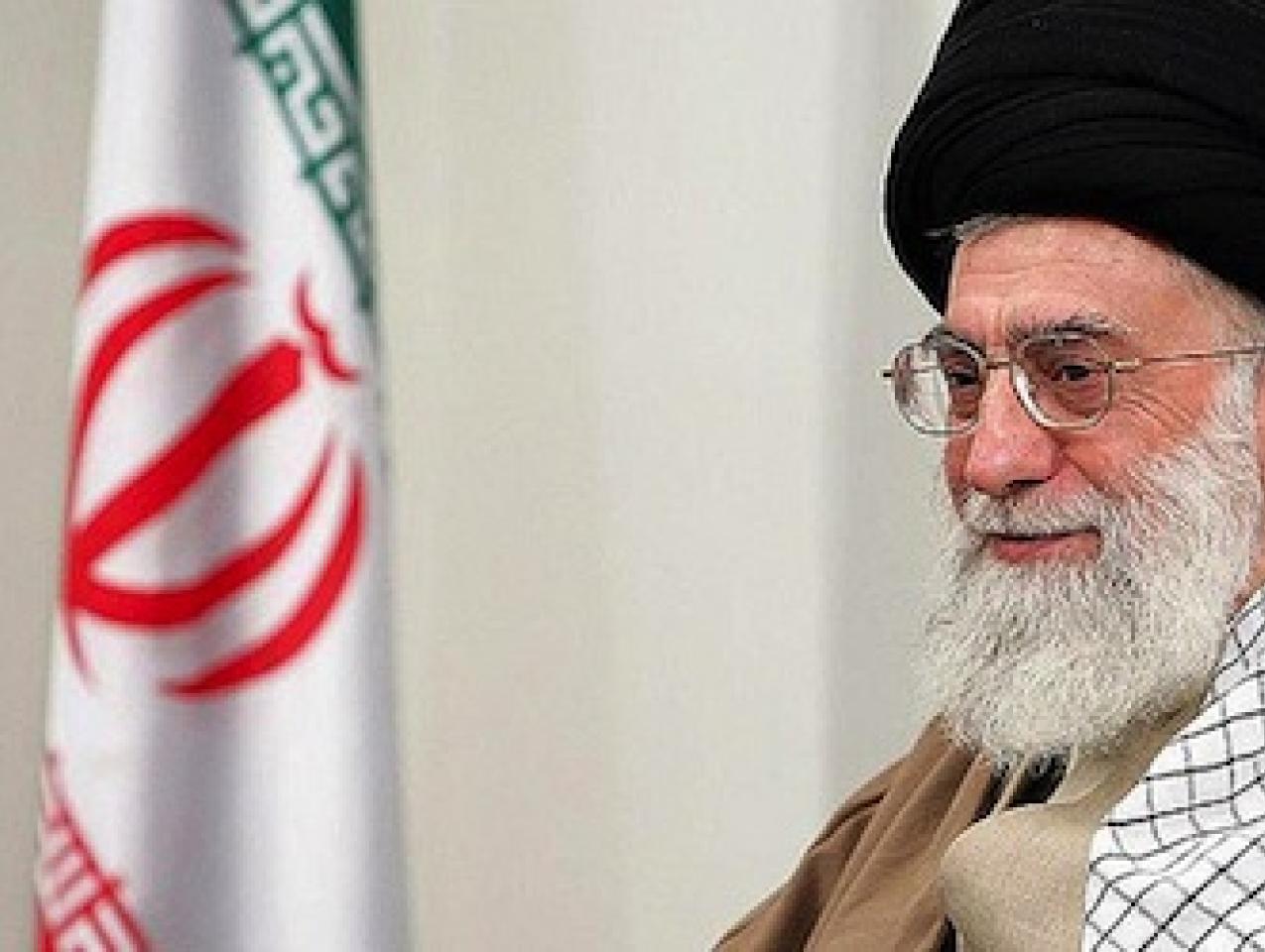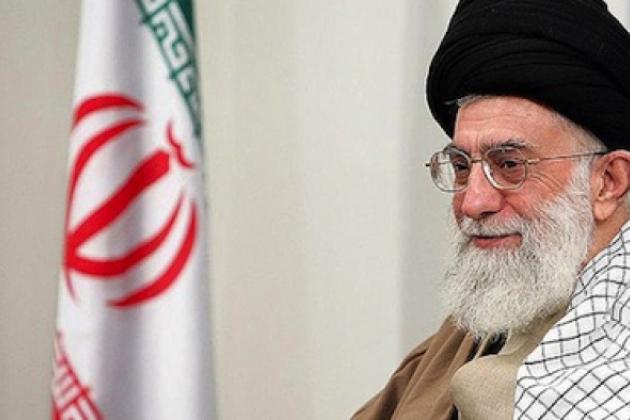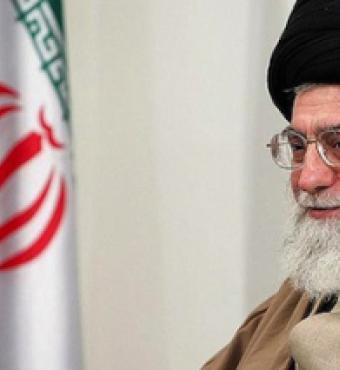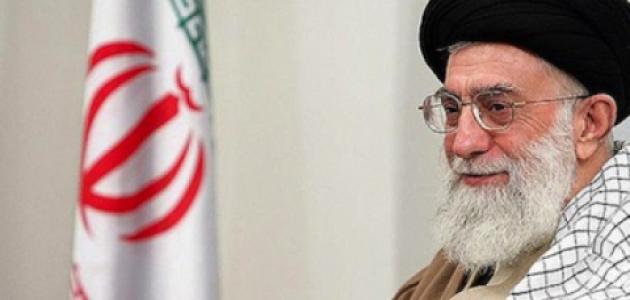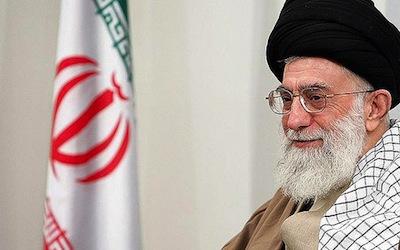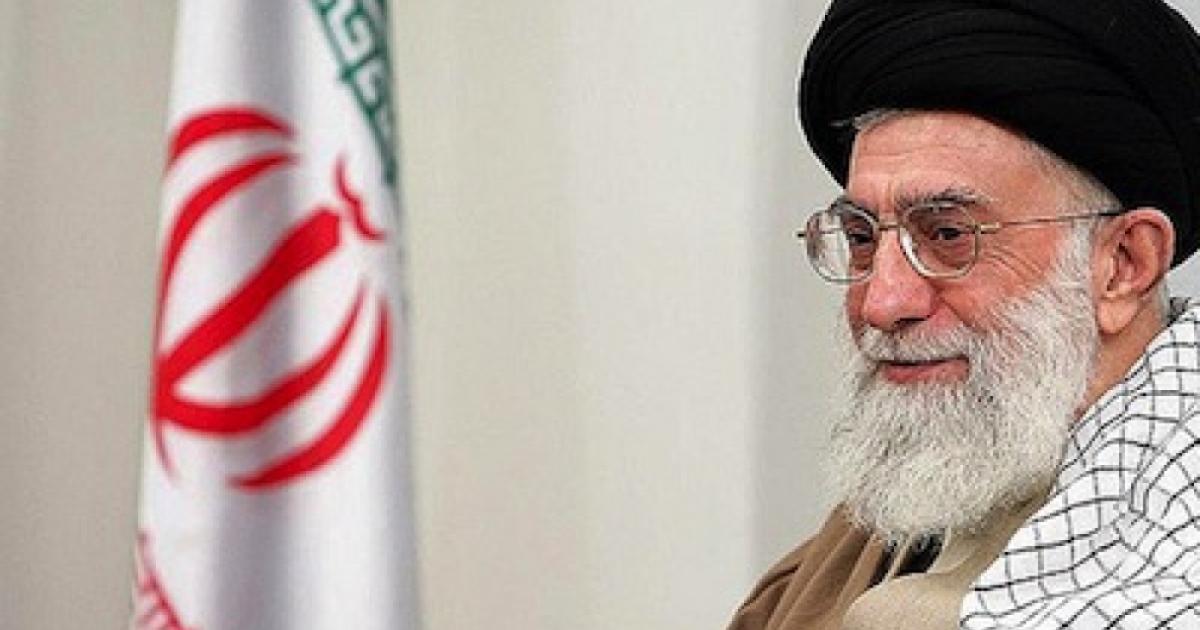- International Affairs
- US Foreign Policy
President Obama and his spokesmen repeatedly intone that “Iran’s leaders should have no doubt about the resolve of the United States.” But what if Iran does doubt America’s resolve? What if the Iranian government believes it is achieving its aims in its confrontation with the United States?
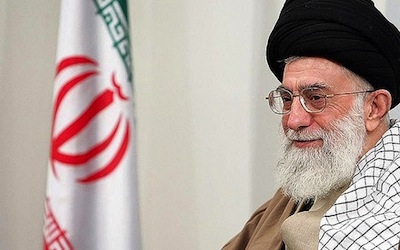
Photo credit: AslanMedia
In his AIPAC speech last year, the most fulsome statement of policy toward Iran, President Obama characterized Iran’s position: “Iran is isolated, its leadership divided and under pressure. And by the way, the Arab Spring has only increased these trends, as the hypocrisy of the Iranian regime is exposed, and its ally, the Assad regime, is crumbling.” The President went on to say:
I have said that when it comes to preventing Iran from obtaining a nuclear weapon, I will take no options off the table, and I mean what I say. That includes all elements of American power: a political effort aimed at isolating Iran, a diplomatic effort to sustain our coalition and ensure that the Iranian program is monitored, an economic effort that imposes crippling sanctions and, yes, a military effort to be prepared for any contingency.
Iran’s leaders should understand that I do not have a policy of containment; I have a policy to prevent Iran from obtaining a nuclear weapon. And as I have made clear time and again during the course of my presidency, I will not hesitate to use force when it is necessary to defend the United States and its interests.
Objectively, that may be true. It also seems true that the government of Iran is, as the RAND policy analyst Alireza Nader, describes it, “a wobbling, wheezing theocracy.” But the government was strong enough to crush dissent after its 2009 presidential elections and brazen enough to refuse several Western offers to constrain its nuclear programs in return for reintegration into the international political and economic order.
It at least merits considering whether the Iranian regime shares the views on which our policy is predicated. The commander of U.S. forces in the Middle East, General James Mattis, has long said the Iranian government believes it is succeeding in its confrontation with America.
Iranian government leaders certainly act as though they are succeeding, denying International Atomic Energy Agency inspectors access to their sites, adopting maximalist demands in negotiations with Western governments, trumpeting their technological advances of numbers of centrifuges operating and levels of enrichment attained, and, most recently, declining bilateral negotiations with the U.S. offered by Vice President Biden.
Supreme Leader Ayatollah Khamenei said, “American policy in the Middle East has been destroyed and Americans now need to play a new card. That card is dragging Iran into negotiations.” That doesn’t sound like a government reeling from our policies.
Does Iran Think It’s Losing?
The Obama administration’s theory is that economic sanctions and international isolation are driving Iran to compromise. Economically, the sanctions have already shown their teeth: according to the Bank of International Settlements, foreign lending declined by 53 percent in 2012 and Iran’s gross domestic product has fallen by the largest amount in twenty five years. The rial, Iran’s currency, lost 50 percent of its value in the past year.
Yet, Iranian crude oil exports surged in December, as Iranian firms found ways to circumvent sanctions. Chinese purchases are increasing and Iranian firms are bringing their own oil tankers on line to ease reinsurance costs in delivery.
The view from Tehran includes the following data points:
- President Obama claiming to have a policy of preventing Iran from acquiring a nuclear weapon but repeatedly relaxing the conditions. Whenever Iran approaches the threshold, the United States sets a new, less stringent threshold. For example, U.S. policy used to be that any Iranian nuclear enrichment violates their Non-Proliferation Treaty obligations; when Iran proved intransigent—they are currently enriching uranium to the 20 percent level—the Obama administration changed its position to allow enrichment up to 5 percent provided they forego 20 percent enrichment. As an administration official privately admitted, “Our red line keeps getting pinker.”
- Testimony of the Secretary of Defense, Leon Panetta, and the Director of National Intelligence, James Clapper, that “Iran has not made the decision to develop a nuclear weapon.” They insist that we will know—and have time to react—if the Iranian leadership should ever make that decision. But determining the intentions of adversaries is the trickiest part of intelligence analysis. We are likely to be wrong, and the Iranians know it.
- Repeated statements by two Secretaries of Defense and Chairmen of the Joint Chiefs of Staff that a military strike on Iran’s nuclear programs would only delay, not prevent, Iran from acquiring a nuclear weapon.
- The Chairman of the Joint Chiefs of Staff, General Martin Dempsey, saying the United States did not want to be “complicit” in an Israeli strike on the Iranian nuclear program.
- General Mattis being retired ahead of schedule because he irritatingly kept insisting that political guidance from the White House was a necessary input into developing military plans regarding Iran, but the White House did not want to operationalize the President’s stated claim that we would prevent rather than contain Iran’s nuclear ambitions.
- The last UN sanctions were only passed with dissenting votes from Turkey and Brazil. Russia and China made public statements that this would be the last sanction they supported. Iran knows that the United States has pushed the UN as far as it will go. Iran also knows that the political support of the sanctions was only achieved by exempting Russian and Chinese companies from their striction.
- China, Japan, South Korea, and India have all been exempted from sanctions. They continue to buy Iranian oil, even if, in some cases, they have been required to barter rather than trade in currency. Doing so makes their purchases less fungible, but as long as there are goods both sides seek, trade will continue.
- Turkey, an American ally currently under protection of NATO missile shields, is circumventing U.S. sanctions, paying Iran in gold rather than dollars.
- The sanctions that have had the greatest effect on Iran have been those passed by the European Union in December of 2011. Those sanctions passed with grave concern by Italy and Spain, two EU economies under great pressure economically. The Iranian government may believe EU solidarity is a diminishing asset and the sanctions unlikely to be sustained.
- The desultory pace of economic growth in the United States, which is focusing attention on domestic issues, something the President encourages.
- President Obama’s insistence that “the tide of war is receding” is inconsistent with choosing a war to prevent Iran’s nuclear weapons.
- The eagerness of democratic governments in Iraq and Egypt for closer relations with Iran.
- The inability of autocracies in the Gulf to make political accommodations that quell domestic dissent.
- The lack of public protest within Iran as its economic position has eroded.
The Iranian leadership will also know, courtesy of the New York Times, that President Obama was recently shown a new intelligence analysis suggesting Iran’s Supreme Leader believes sanctions are hurting the United States more than they hurt Iran.
With all of this in mind, is it any wonder the Iranian government is stalling for time? Sanctions are damaging Iran’s economy. But whether that translates into different political choices is—or should be, by now—deeply in doubt.








